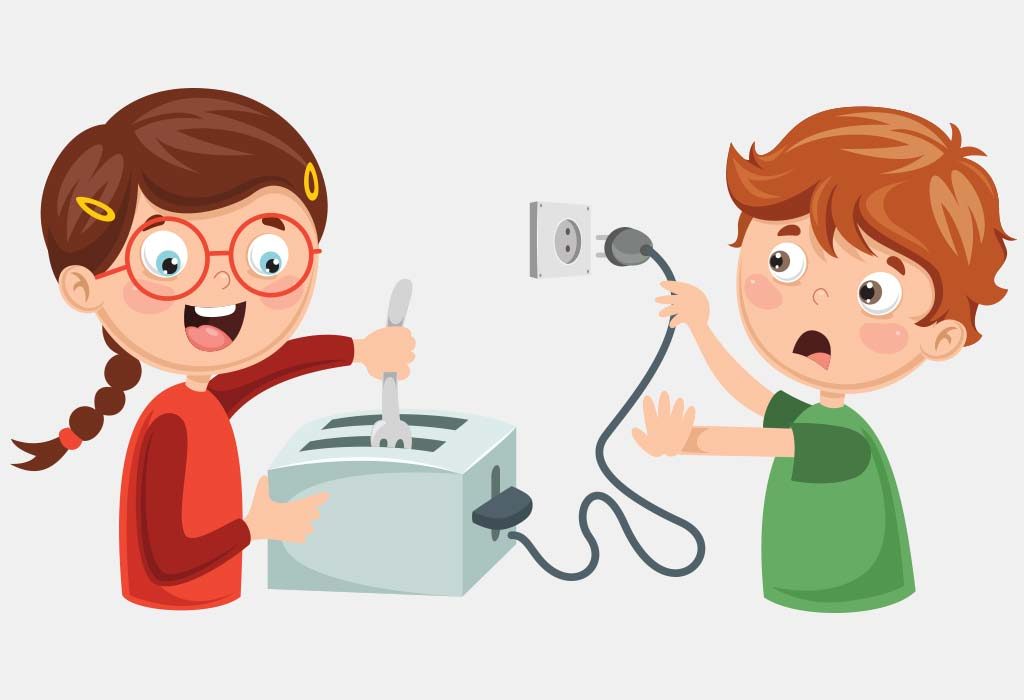Beware of Electric Current in the Rainy Season
Heavy rains and strong winds can cause power lines to fall
Absolutely, being aware of electric current hazards during the rainy season is essential for personal safety. Beware of Electric Current in the Rainy Season for Here are some important points to consider:
1. Stay away from downed power lines: Heavy rains and strong winds can cause power lines to fall. Always assume that any downed power line is live and dangerous. Keep a safe distance (at least 30 feet or more) and immediately report it to the local utility company or emergency services.
2. Avoid flooded areas: Floodwaters can carry an electric current from various sources, including downed power lines or electrical appliances. Avoid walking or driving through flooded areas to prevent electric shock.
3. Be cautious with electrical appliances: Don’t use electrical appliances or devices outdoors during heavy rain or when it’s wet. Water can cause a short circuit or damage the equipment, leading to potential shocks.

4. Inspect electrical cords and equipment: Check all electrical cords, plugs, and appliances for signs of damage or wear. If you notice any fraying or exposed wires, replace or repair them immediately.
5. Keep electronics and power sources away from water: Don’t use electronic devices like laptops, phones, or power tools near water or wet surfaces. Water can easily conduct electricity and increase the risk of shock.
6. Use waterproof or water-resistant equipment: When using extension cords or electrical equipment outdoors, ensure they are designed for outdoor use and are rated for wet conditions.
7. Install Ground Fault Circuit Interrupters (GFCIs): GFCIs are designed to quickly shut off power when they detect a current imbalance, providing an extra layer of protection from electric shocks. Install GFCIs in your home, especially in areas that are exposed to water, such as kitchens, bathrooms, and outdoor outlets.
8. Stay indoors during lightning storms: Lightning is a powerful electrical discharge that can travel through electrical systems and utility lines. Stay inside during thunderstorms, and avoid using electrical appliances or landline phones until the storm passes.
9. Be cautious with generators: If you use a generator during power outages, keep it outside in a dry area and away from windows, doors, or vents. Generators should never be used indoors or in enclosed spaces, as they produce deadly carbon monoxide gas.
10. Teach children about electrical safety: Educate children about the dangers of electricity, especially during the rainy season. Keep them away from electrical outlets, appliances, and downed power lines to Beware of Electric Current in the Rainy Season.
By being aware of these hazards and taking necessary precautions, you can protect yourself and others from electric current-related accidents during the rainy season. If you ever suspect an electrical hazard, report it to the appropriate authorities or utility company immediately.




